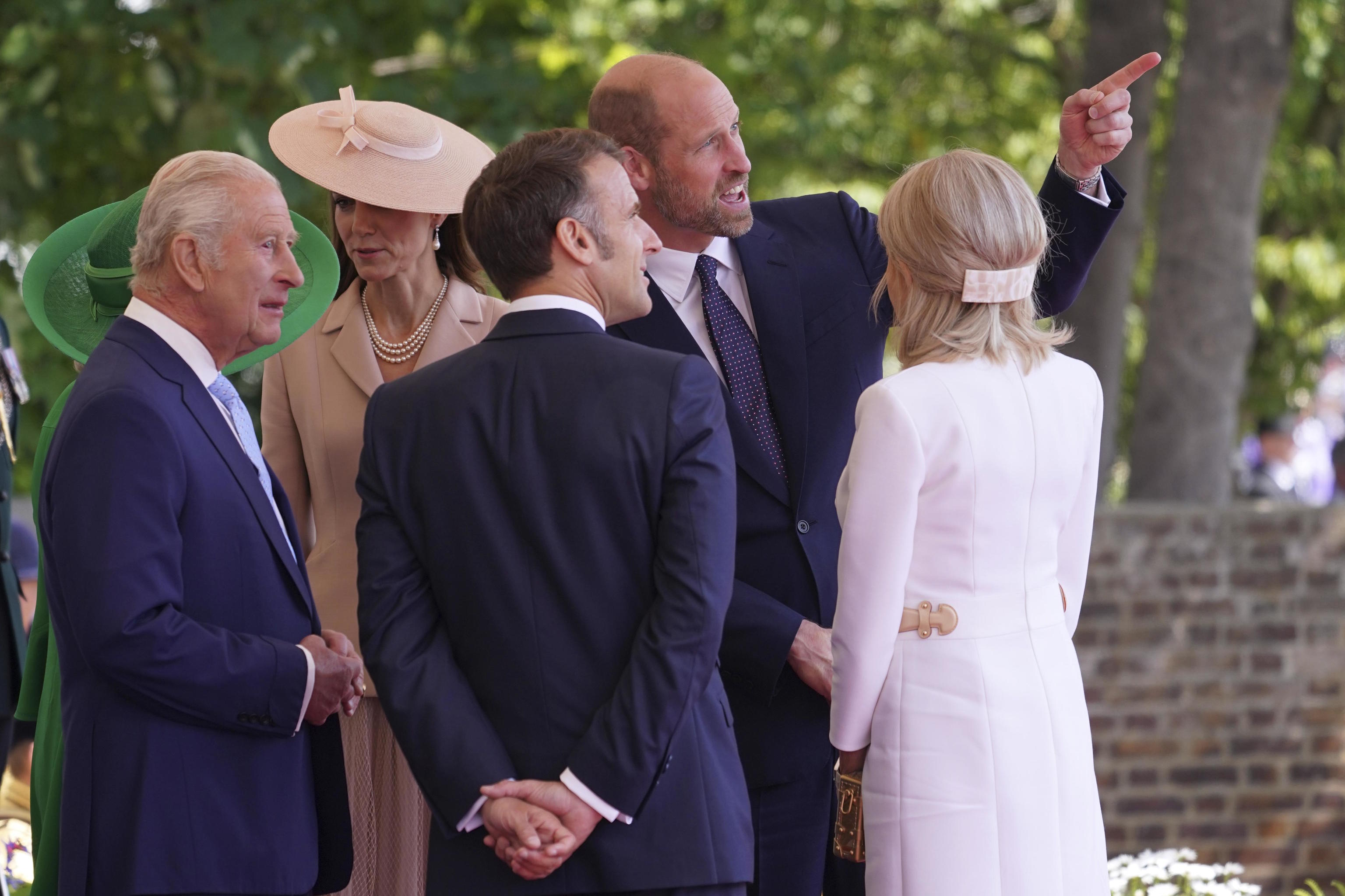One has just started his term; the other is close to ending his. Both could be succeeded by far-right governments symbolizing the opposite of their political ideals. Neither is at their peak of popularity. One is accused of lack of ambition and charisma; the other, of a Napoleonic complex.
The British Prime Minister, Keir Starmer, and the French President, Emmanuel Macron, begin a three-day meeting in the United Kingdom today, celebrating the reconciliation between London and the rest of Europe. In fact, Macron is the first French president to make a State visit to the UK since 2008 when Nicolas Sarkozy held the position.
This reconciliation between London and Paris after the trauma of Brexit is another step in the reintegration of the United Kingdom into Europe. The British will spare no pomp and symbolism. Macron will have a carriage parade, a speech in Parliament, and lunch with the royals at Windsor Castle. However, the success or failure of the summit will be measured by more mundane criteria: immigration, Ukraine, and nuclear cooperation.
The most challenging and where Starmer has the most at stake. The Prime Minister wants to sign with Macron an agreement based on the "one in, one out" concept, whereby the UK would return immigrants who illegally cross the English Channel to France and, in return, accept an equivalent number of pre-assessed asylum seekers.
If Starmer achieves an agreement, he will score a point in one of the areas where his political management is most criticized: the fight against irregular immigration. The problem is that Paris and London had not yet reached an agreement on Monday for the plan, which would require British law enforcement to be present in France to decide which asylum seekers are accepted.
This is compounded by the rejection from Italy, Spain, Greece, Malta, and Cyprus. These nations are the "first entry" in terms of migration, meaning they are the gateway to the EU for undocumented individuals, so they fear that a bilateral agreement between France and a non-EU country like the UK undermines the European Pact on Migration and Asylum, which aims to distribute the migration burden equitably among member countries.
A joint statement to launch the nuclear megaproject Sizewell C in the British county of Sussex, consisting of two reactors manufactured by the French company Framatome capable of providing electricity to six million homes. Additionally, the French state-owned electric company EDF —owner of Framatome— will have a 16% stake in the project while the British government will take on about 45%. The total cost of Sizewell C ranges between £20,000 and £40,000 (¤23,000 to ¤46,000 billion).
For Starmer, the plant holds significant political importance, so he wants the project to start soon, and nothing better than an international agreement for that. On one hand, Sizewell C is key to the UK's goal of achieving net-zero emissions by 2050 and the Labour government's plans to boost the country's sluggish economic growth and generate activity outside London. It also plays a crucial role in the UK's strategy to achieve energy independence.
Furthermore, the British government wants to demonstrate with Sizewell C that it is capable of carrying out a large-scale nuclear project. This is important following the fiasco of another major nuclear plant, Hinkley Point, also coordinated by EDF, launched by the Conservative government of Boris Johnson and facing a five-year delay and 100% cost overrun.
Donald Trump continues to try, against all odds, to achieve a peace agreement favorable to Russia despite Vladimir Putin making it clear through active (bombings, offensives) and passive (bilateral talks) means that he has no interest in stopping the war.
This leaves the 'volunteer coalition' mainly formed by European countries and de facto led by Starmer and Macron as the only solid force supporting Kiev.
The issue is that the coalition countries rely on US military technology and their nuclear umbrella, limiting the assistance they can provide to Ukraine, as well as their ability to influence Trump.
Moreover, the European strategy - initiated by Denmark - to provide assistance to Ukraine to develop its own defense industry is very effective. However, it will only yield results in the medium to long term.
Therefore, Starmer and Macron will discuss three areas in a bilateral meeting and a virtual summit involving, among others, the Ukrainian President, Volodymyr Zelensky, the German Chancellor, Angela Merkel, and the Italian Prime Minister, Giorgia Meloni.
The topics they will discuss include imposing new sanctions on Russia - with limited credibility if the US does not join, which seems likely - and increasing military aid to Ukraine; reaffirming that Kiev must play a significant role in peace negotiations and creating the famous 'volunteer coalition' to protect Ukraine if a peace agreement is reached, which, again, without US air support (currently unimaginable), may never be deployed.
